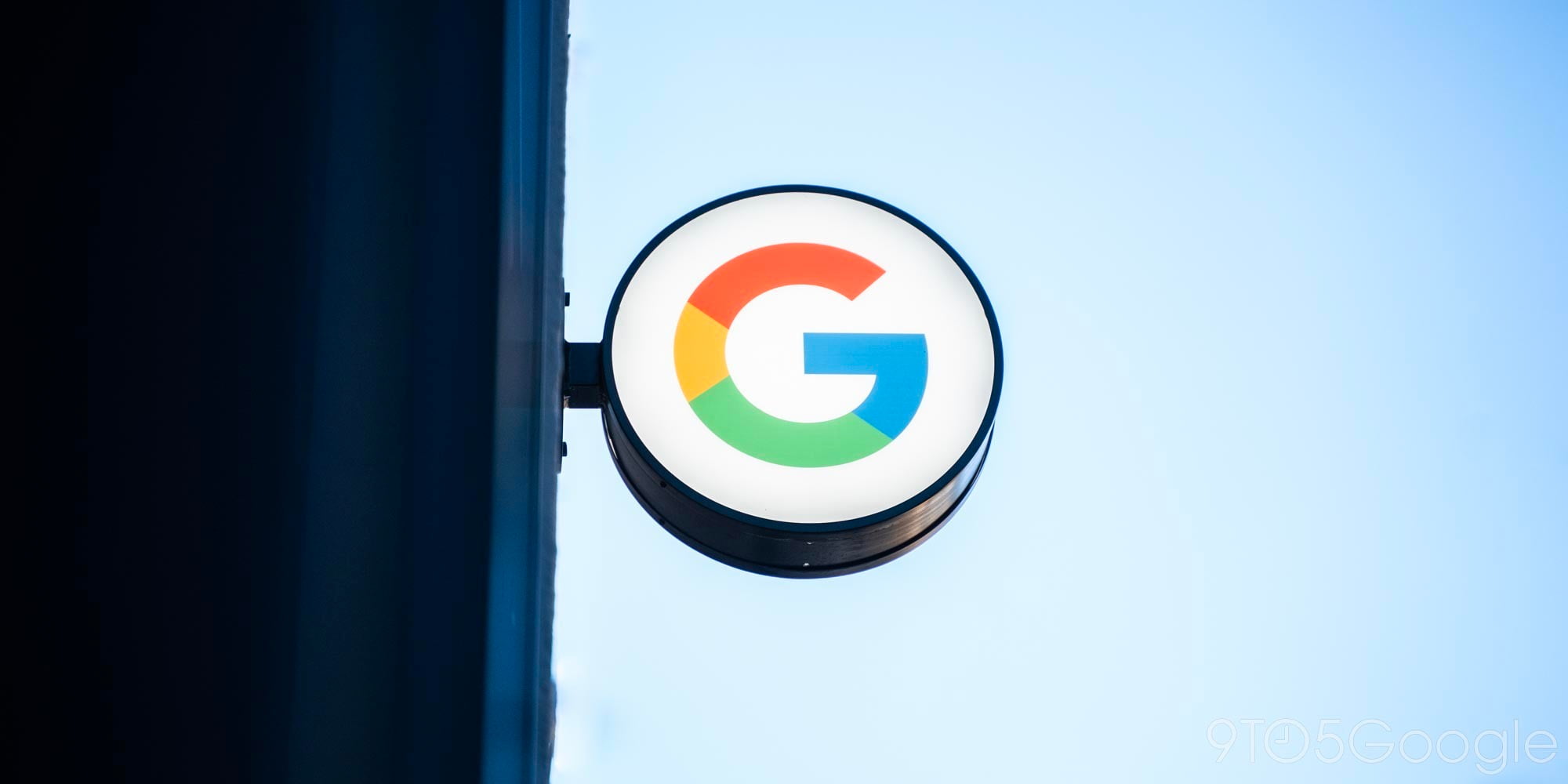
Aclima, a startup which builds an end-to-end hardware and software solution for detecting and analyzing the health and state of varying environmental surroundings (i.e. indoors where carbon dioxide can build in meeting rooms, outdoors where vehicles can release significant carbon monoxide), has announced a new partnership with Google which will see its sensors make their way onto Google Street View cars in the San Francisco Bay Area. Street View cars are the vehicles through which Google collects street-level imagery for its Maps street view product.
The ultimate goal for Aclima with partnerships including this one is to make data on air quality as easily accessible as the weather so that communities can better understand how air pollutants in their area are affecting human health and climate change, and start a dialog on improving local air quality.
“We have a profound opportunity to understand how cities live and breathe in an entirely new way by integrating Aclima’s mobile sensing platform with Google Maps and Street View cars,” said Davida Herzl, co-founder and CEO of Aclima. “With more than half of the world’s population now living in cities, environmental health is becoming increasingly important to quality of life.”
Aclima’s partnership with Google builds on a month-long test during the summer of 2014 which saw the company deploy its sensors in three Street View cars in the Denver, CO metro area. Aclima during this test also worked with the Environmental Protection Agency to correlate its data with that from the agency’s stationary air quality measuring network, which also measures for levels of gases like carbon monoxide, nitrogen dioxide, and particulate matter – gases that, when found at increased levels, can cause problems including lung inflammation and trouble concentrating, just to name two related health issues.
While the EPA’s network of sensors is extensive, Aclima says that it does not cover enough area in cities nationwide to provide a real sense of air pollution in one’s immediate surroundings. By combining the street level data that Aclima’s sensors can gather when placed on moving Street View cars with that from the EPA’s stationary ones, though, Aclima believes it can provide a full picture of how air pollutants “move in an urban area at the ground level.” Aclima’s data could, for example, inform city leaders of where in their communities air pollution is the worst, or even at dangerous levels, and then take the necessary steps to reduce it. The company during its month-long test clocked a total of 750 hours of drive time and gathered 150 million unique data points, before including the EPA’s data.
“Many things affect air quality – everything from our transportation and energy choices, to green space and the weather,” said Herzl. “Understanding these complex relationships is critical to managing and improving air quality. The Denver test prepares us for scaling the system and introducing Aclima’s mobile sensing platform to communities anywhere Google Street View vehicles drive. There’s unlimited potential for our work to help improve the health and resilience of communities everywhere.”
Aclima already has a partnership with Google through which it measures the indoor environmental conditions of 21 Google offices around the world. According to the company, it processes over 500,000 data points per day from those indoor locations, giving Google measurements of everything from temperature, humidity, noise and light, and air pollutants on a room-by-room basis so that the technology giant can assess how it might make future adjustments to support employee wellbeing and comfort. For example, carbon dioxide has been found to reduce mental performance when found in high enough concentrations, and there’s one indoor space in particular where it can build up easily. Can you guess where? Conference rooms.
The roll-out in the San Francisco Bay Area will allow Aclima and Google to test the viability of collecting this data in more cities, and work with local communities and scientists to explore everything that might be possible with the data.
FTC: We use income earning auto affiliate links. More.



Comments